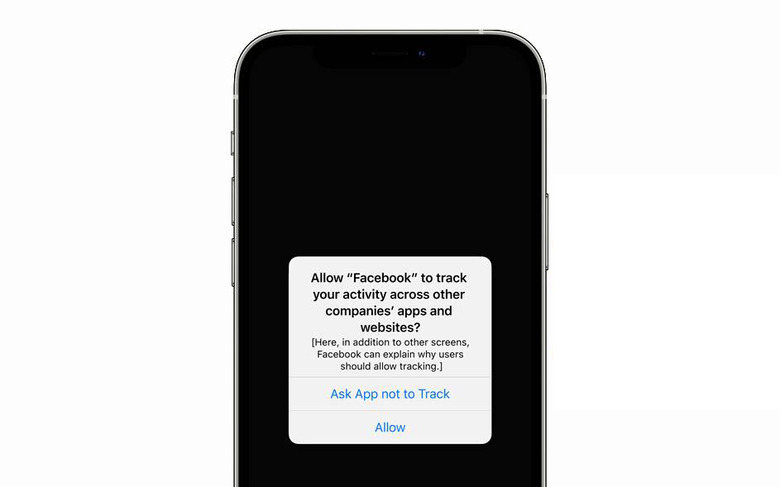Apple Privacy Report Explains The Coming Flood Of Data Tracking Pop-Ups
Apple has released an updated version of its privacy report, "A Day in the Life of Your Data," ahead of enforcing App Tracking Transparency rules for iPhone and iPad apps in iOS 14.5. The new policy will demand third-party apps request permission from users before they can share individual data for ad-targeting, something which is likely to mean an uptick in dialog boxes for a while.
In fact you could view the expanded privacy report as a preemptive explanation, of sorts, to users as to why apps are suddenly going to be a lot more demanding for their permissions. It takes the format of a typical day in the life of an iPhone user, but uncovers the sort of tracking that goes on in the background.
"Over the past decade, a large and opaque industry has been amassing increasing amounts of personal data," Apple says in its report. "A complex ecosystem of websites, apps, social media companies, data brokers, and ad tech firms track users online and offline, harvesting their personal data. This data is pieced together, shared, aggregated, and used in real-time auctions, fueling a $227 billion-a-year industry. This occurs every day, as people go about their daily lives, often without their knowledge or permission."

App Tracking Transparency, however, will require outright permission. Apps won't need to change their behavior, and will still be able to use ad network providers that rely on aggregated user data, but they'll need to make explicitly clear what's going on. That includes Apple's own apps, though you won't actually seen any permission dialogs from software like Find My, Messages, and Apple Maps.
That's because they don't track users for advertising, or to sell information on to data brokers. This updated report also looks at ad auctions, and how they tap aggregated user data to pinpoint which advert to show which person.

Unsurprisingly, while Apple says privacy advocates are impressed, the ad industry hasn't been so enamored by the changes. Facebook, for instance, has previously said that its targeting system will effectively be left useless once ATT comes into play. It has also been critical of Apple's motivations, at least in part, arguing that SKAdNetwork – the replacement system which Apple will run – is more of a motivating factor.
Apple is unswayed, though, and points out that users are able to grant permission to app providers that they trust. "The addition of app tracking settings and transparency and privacy information on App Store product pages empowers users to more easily learn how their personal data is used, shedding light on practices that were previously opaque and hidden, allowing them to take greater control of their data," it argues.
Developers won't be allowed to limit functionality to those users who deny tracking, and those found to be not abiding by user requests could find their software yanked from the App Store. ATT is currently part of the iOS 14.5 public beta.
